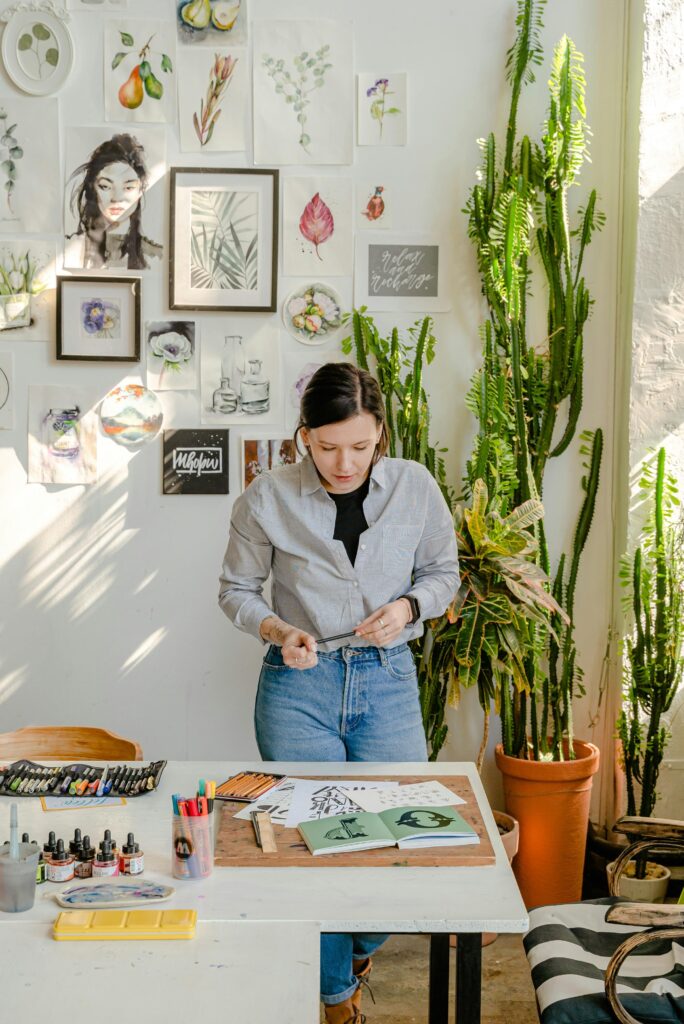
Introduction
In the pursuit of a fulfilling life, it’s crucial to distinguish between your life purpose, vocation, and career. Each plays a distinct role in shaping your journey towards personal satisfaction and fulfilment. Let’s delve into these concepts to understand their differences and how they contribute uniquely to our sense of purpose and happiness.
Understanding Life Purpose
Your life purpose is the overarching reason for your existence. It’s the deeper meaning behind everything you do. It transcends mere job titles or daily tasks. Discovering your life purpose involves reflecting on your values, passions, and the impact you want to make on the world. However, unlike a vocation, which often focuses on skills and earning a living, your life purpose encompasses a broader sense of fulfilment and contribution to society.
Differentiating Vocation and Career
While your vocation refers to the occupation or profession you choose, your career encompasses the roles and positions you hold throughout your working life. Vocation is often driven by skills, interests, and market demand. In contrast, a career can involve upward mobility, advancements, and achievements within a chosen field. Both vocation and career are important aspects of your professional identity. However, they may or may not align perfectly with your life purpose.
Finding Alignment and Purpose
The key to a fulfilling life lies in aligning your vocation and career with your life purpose. When your daily work aligns with your deeper values and passions, you experience a greater sense of satisfaction and meaning. However, it’s important to recognize that not everyone’s vocation or career will perfectly mirror their life purpose. Sometimes, your life purpose can be expressed through hobbies, volunteer work, or personal relationships outside of work.
Embracing the Journey
Discovering your life purpose is a journey that involves self-reflection, exploration, and sometimes trial and error. It’s about understanding what truly motivates and inspires you beyond financial rewards or societal expectations. Moreover, this journey may require stepping outside of your comfort zone, seeking new experiences, and embracing change. Ultimately, it’s a process of growth and self-discovery that can lead to a more fulfilling and purposeful life.
Conclusion
In conclusion, while vocation and career play important roles in our lives, they are not synonymous with our life purpose. Your life purpose is the deeper reason for your existence, guiding you towards personal fulfilment and making a meaningful impact on the world. By understanding the distinctions between these concepts and seeking alignment with your values and passions, you can embark on a journey of self-discovery and purpose that leads to a more satisfying and enriching life.
If you enjoyed this article, check out our life purpose programme.
You may also enjoy Martha Beck’s book Finding Your Own North Star

